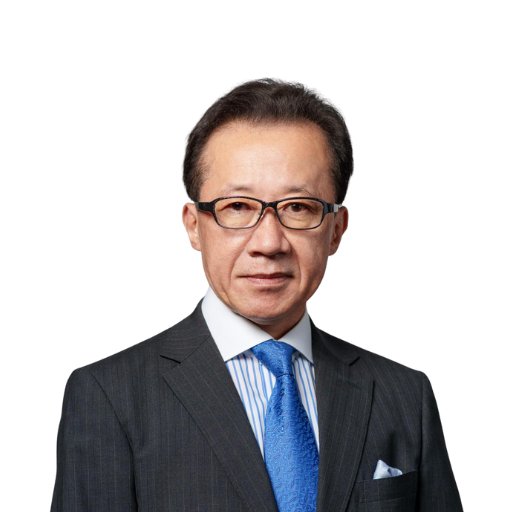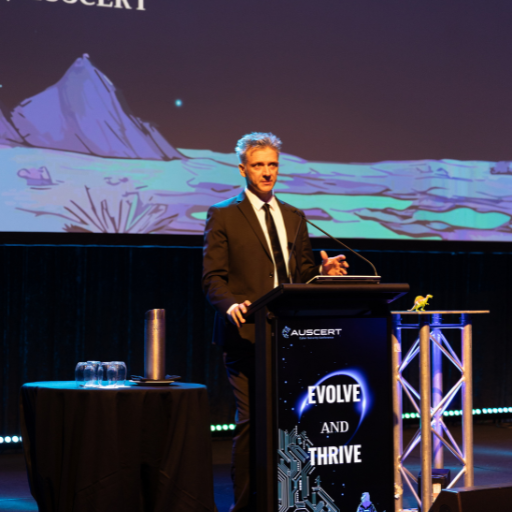The future of cybersecurity is a big and broad topic – specifically our reliance on cloud-based software. Things go wrong and when they do – our whole world turns with it.
Jeetu Patel, Executive Vice President & Chief Product Officer at Cisco, discussed his strong stance against monopolies in the tech industry and his view on collaboration and our constant reliance on technology.
Patel believes that monopolies are detrimental to the industry, stifling competition and creating the wrong incentives. Instead, the Executive’s view is to focus on the importance of a vibrant start-up ecosystem for evolution and innovation as well as the need for a more interoperable and collaborative approach in the tech industry.
Mr. Patel commented,
“My strong belief is that monopolies are bad categorically for the industry. It stifles competition. It actually creates the wrong kind of incentive structures.”
Patel reflected on some of the industry challenges faced by Chief Information Security Officers (CISOs) due to the complexity and fragmentation of point solutions. The necessity for organisations to proactively create stability in their infrastructure and to compress the time for detecting, investigating, and responding to security breaches.
“Most companies have about 50 to 70 different products. And there’s about 3500 vendors in the market, and no one owns more than 15% of the share.”
Commented Patel.
The Cisco Executive discussed at length the interconnectedness of the world and the need for resilient infrastructure to address potential outages and incidents. Maintaining a healthy security posture and resilience within enterprises and cited the recent outage and the cost of downtime. There is a spotlight and a need for organisations to address productivity outages, breaches and API overages.
Consumers and companies will shift in the approach towards security in the wake of recent incidents. Patel noted that changes would likely be incremental, advocating for a multivendor strategy and the emergence of new techniques and technologies to mitigate overall security risks.
Patel went on to say,
“But when you look at these kind of outages that we’ve seen, it should be a stark reminder for us of the sheer interconnectedness of our world.”
Patel’s outlook around focusing on the power of collaboration and partnership among companies and governments to keep adversaries at bay. The importance of implementation of public-private partnerships, the use of AI, and regulation to ensure safety for the next generation is important.
Patel added,
“I can’t think of a single company that Cisco might not have some overlap with somewhere. Like, very few don’t. But that doesn’t mean that you don’t learn how to collaborate with them and cooperate with them. Because if you if you don’t, you will lose out on the opportunities that could be created by that collaboration.”
Collaboration in the tech industry is a reoccurring spoken about theme on social media and in various circles that I’m involved in. Patel gave a view that all vendors to some degree do overlap and – we should embrace our so called ‘corrivals’ and work with them. The adversary are the cyber criminals not our technology counterparts. Competitors, such as Microsoft and CrowdStrike, have worked together, reinforcing the need for an interoperable ecosystem and the power of collective collaboration over individual competition.
Patel concluded,
“I feel like for the longest time in software, we have operated from this kind of notion of a zero-sum game. In order for me to win, someone has to lose. And I personally just tend to reject that notion because if you can add meaningful value to the customer, there are scenarios that are very prominent where both parties can win.”
Cybersecurity is not a zero-sum game. We can all win together – but we do need to work together to achieve the right outcome – keeping out the cyber criminals.









